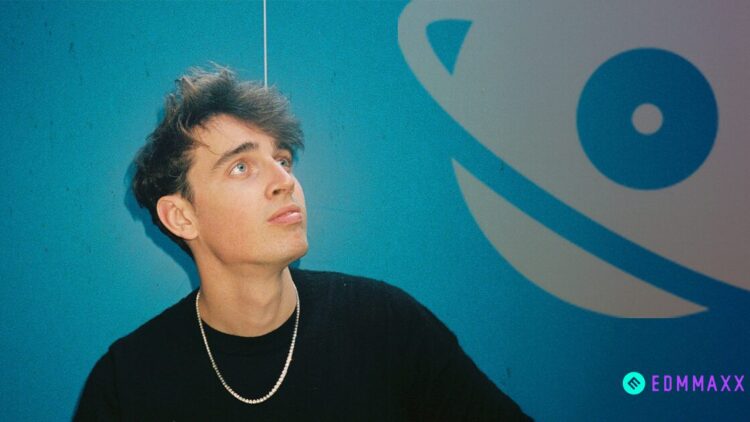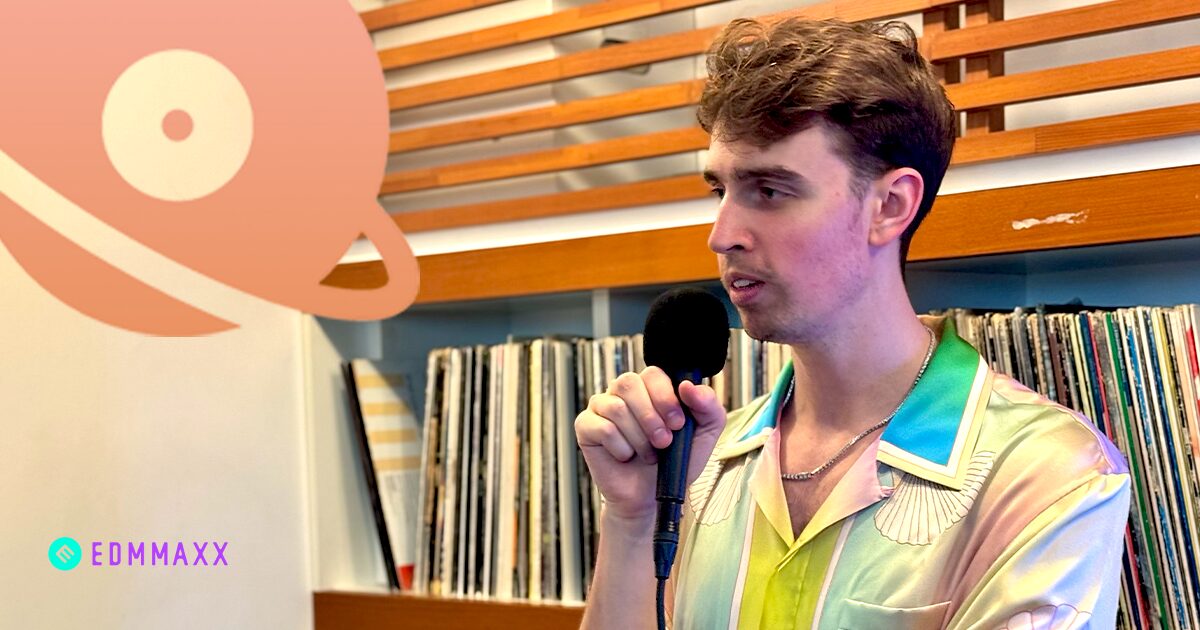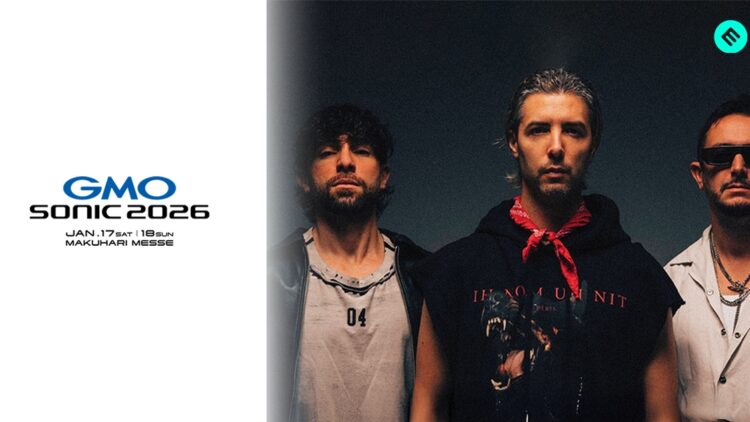“What if you could invest in the next hit song you discover?”
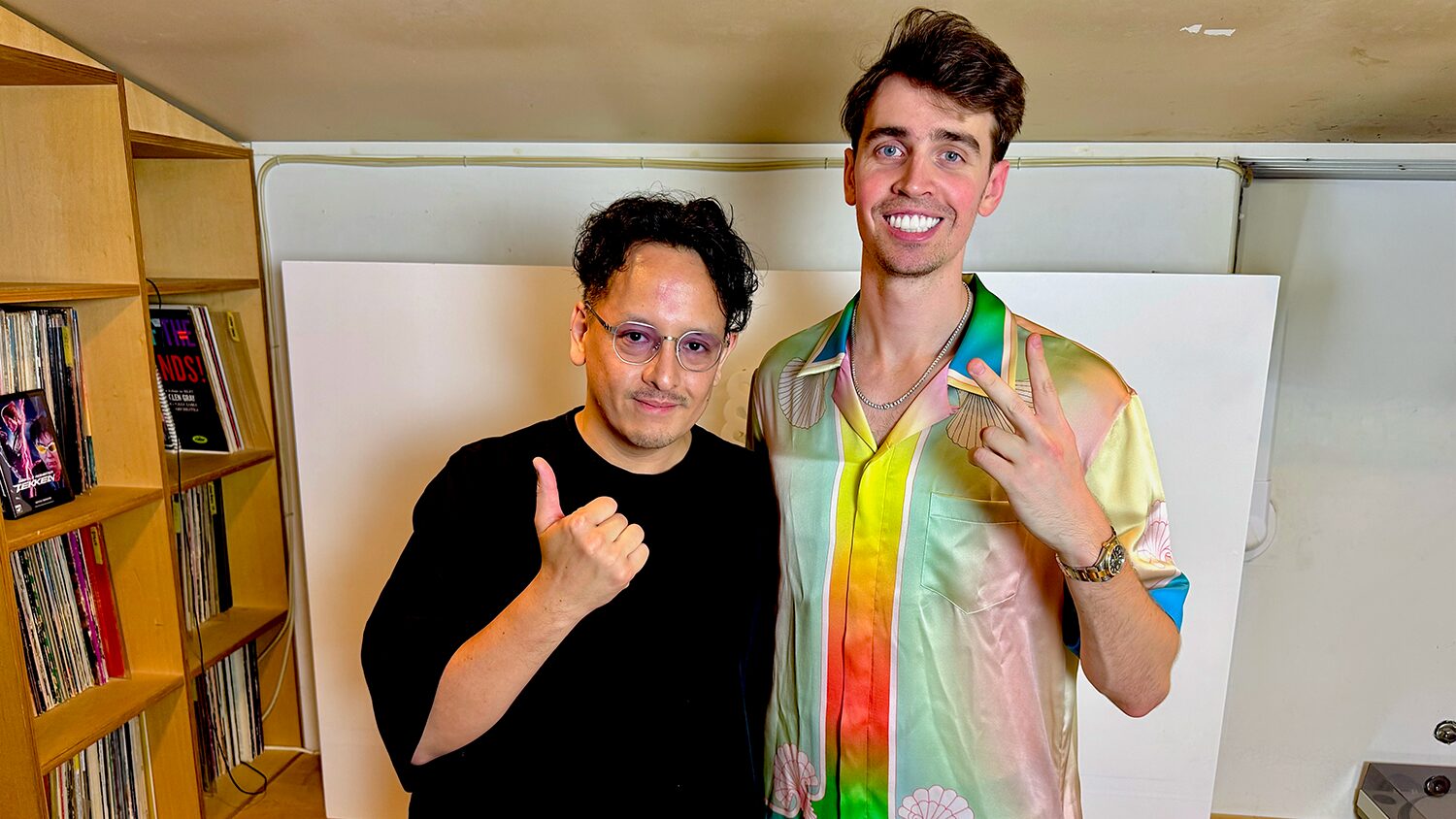
That’s the future Coop Records is working to make a reality. Artists can earn revenue instantly, while fans enjoy the thrill of truly owning music and sharing in its growth. At the heart of this new ecosystem—born from the fusion of music and technology—is Cooper Turley.
Leveraging Web3 and NFTs, he launched an innovative label that directly connects artists and fans. In just a few short years, he has released over 800 tracks, worked with more than 200 artists, and built a community of nearly 125,000 collectors. Today, his presence is firmly etched into the global music scene. This summer, he finally made his way to Japan.
With “Music × Web3” rapidly gaining attention here, we set out to explore the possibilities for the future of music experiences. Representing EDM MAXX, TJO sat down with him to get to the core of it all.
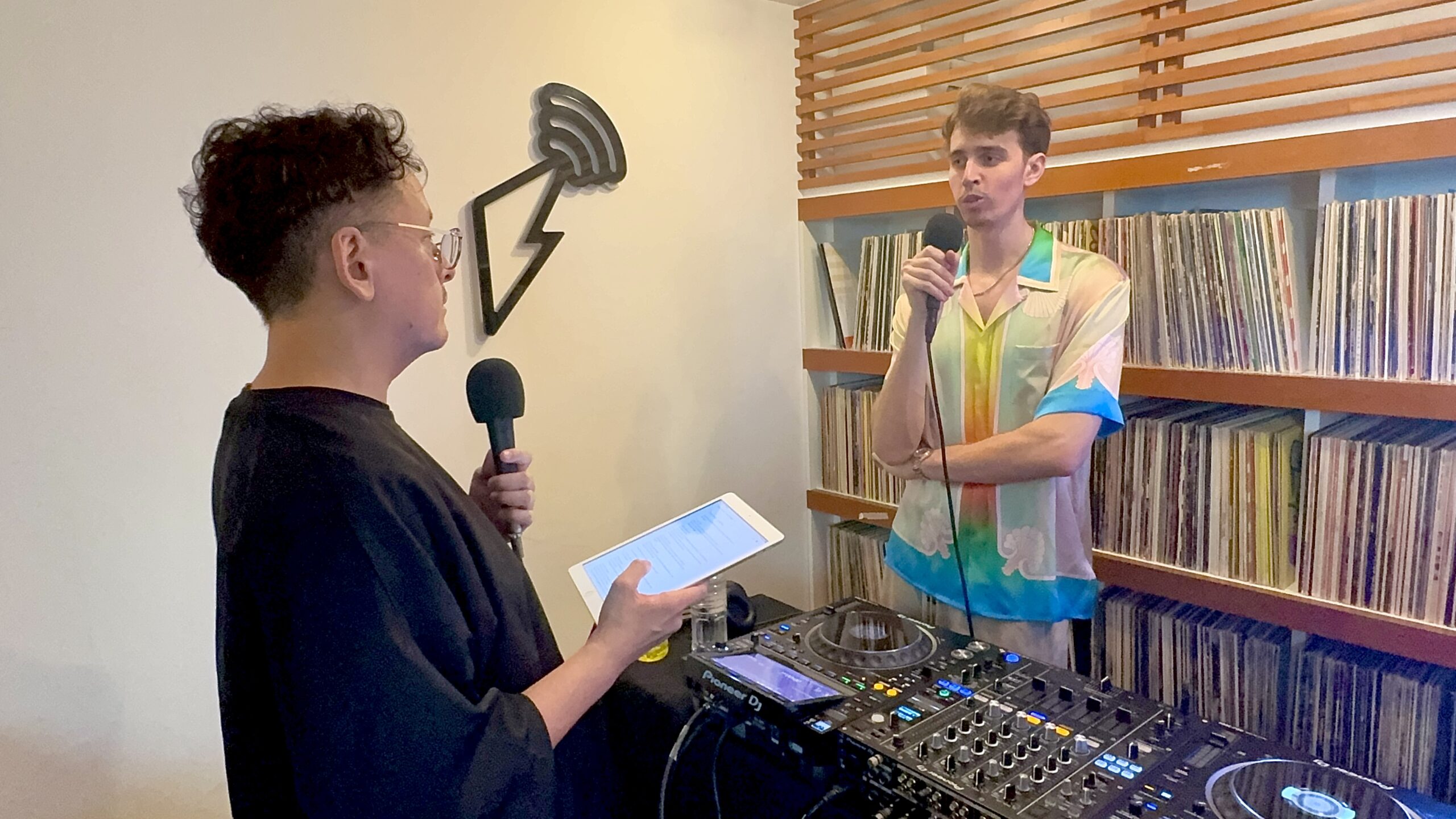
Your Vision
TJO : Straight to the point—what is your ideal vision of “Music × Web3”? Given your deep involvement in this space, how do you envision the future of music experiences evolving?
Cooper : I believe fans should be able to buy into the songs they discover early. Right now, if you want to bet on a song or share in its success, you need to be at a record label or own the masters. With Coop Records, we want to make it easy for any fan to invest in any song, and I think crypto is the way to make that possible.
Service Overview
TJO : Could you explain
Coop Records in a way that’s easy for beginners to understand?
Cooper : It’s a platform where you can invest in songs. If you’ve ever found a track early and wished you could support it, you can come to Coop Records and invest in that song from the very beginning.
Purpose and Goals
TJO : What is the main purpose of running a music label on the blockchain?
Cooper : The biggest difference is how quickly and directly artists get paid. On platforms like Spotify, payments take a long time. But on Coop Records, when you buy a song, the artist gets paid instantly in real time. Not only do they get paid faster, but they also earn more income. At the same time, fans hold something of real value—if the song grows in popularity, they benefit too.
NFTs and Listener Rights
TJO : When a track is issued as an NFT and purchased, what rights does the holder receive?
Cooper : They get a download of the song and loyalty points within the label. So they’re not just supporting the artist directly—they also gain benefits across the platform as a whole.
TJO : To what extent does ownership apply on the NFT marketplace?
Cooper : It really depends on the artist. Many artists are still cautious about crypto, but my vision is that the biggest supporters should receive the most benefits. At Coop Records, we make it easy for artists to join without needing to know anything about crypto. Over time, we hope more artists will see the value in rewarding their fans directly.
TJO : Is there a set period for how long they can hold it?
Cooper : Forever. NFTs are limited edition, but once you own one, you can hold or trade it anytime. If the price goes up and you want to sell, you can. If it goes down and you don’t like it anymore, you can also sell. It’s freely transferable.
TJO : How do you draw the line between master rights and copyrights versus NFT ownership?
Cooper : At Coop Records, we don’t take part in master rights ourselves. We mirror the master rights so the rightful holders get paid directly in crypto. Essentially, we create an additional revenue stream for artists. If they earn on Spotify, they can also earn more through Coop Records, and the rights holders on the master side share in that revenue.
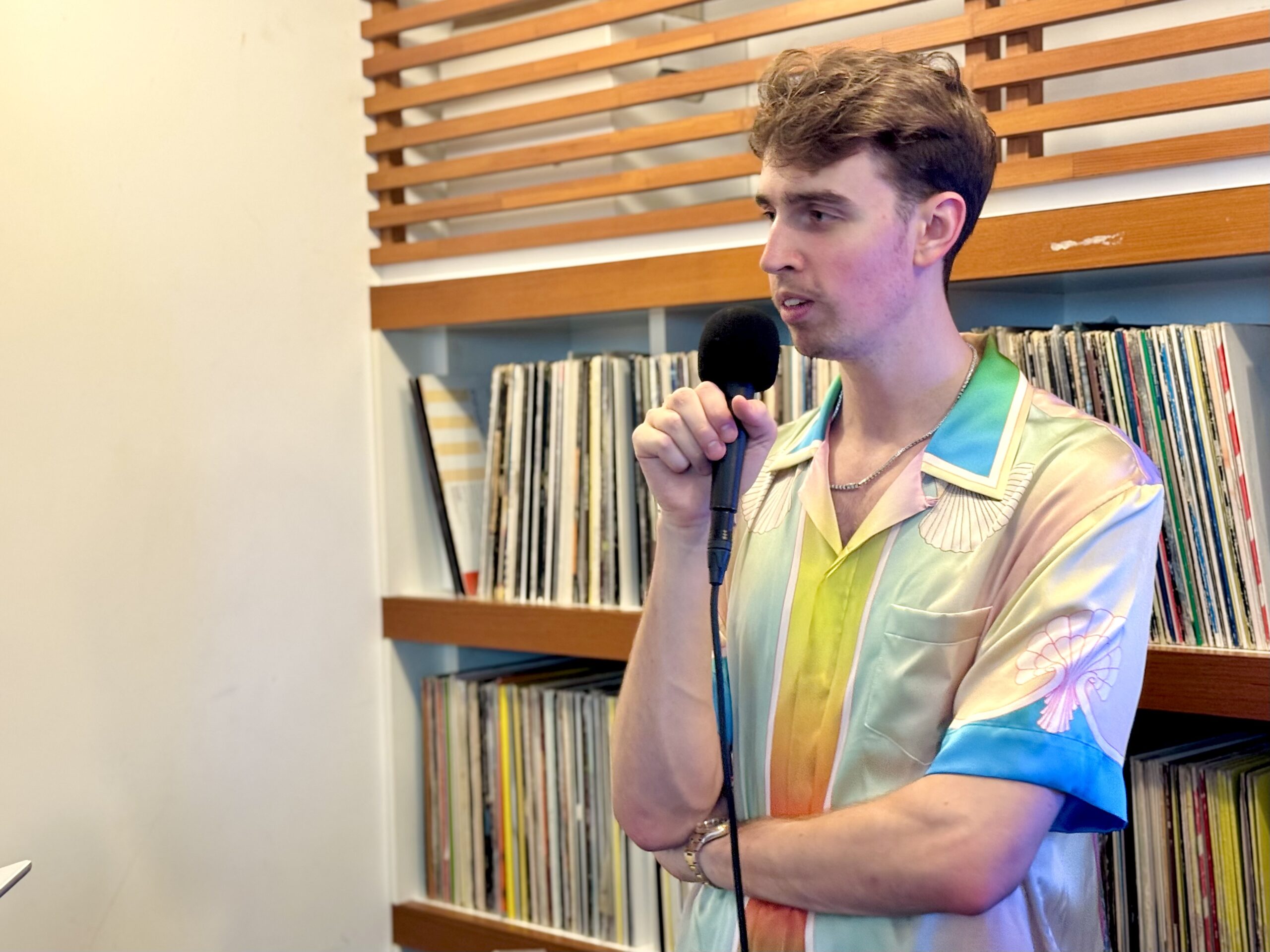
Artist Contracts
TJO : What kind of agreements do you use with artists?
Cooper : We do music service agreements. Basically, we license songs for the right to monetize them in the crypto space. We tell labels, “We’ll license your tracks and release them as NFTs,” and any revenue earned is split 50/50 with the label.
Value for Listeners
TJO : With over 800 tracks released, 200 artists onboard, and nearly 125,000 collectors, what value do listeners find in this community?
Cooper : People are excited about betting on the future of songs. They want to be part of the community that discovers music early and have ownership not only in Coop Records but also in the artists’ careers from the start. Today, the only way to support an early artist might be buying a T-shirt or a concert ticket—but that’s not transferable. We want to build a global marketplace for music where early fans can truly participate in an artist’s journey.
Partnership with Soneium
TJO : What has Coop Records gained from partnering with Soneium?
Cooper : Soneium is very active in Japan, and Japanese fans are more open to collecting digital goods than in the U.S., where it’s still new. Here, fandom is very intense, which creates a big opportunity for Coop Records. Partnering with Sony has given us access to audiences we couldn’t reach otherwise.
TJO : Which countries are most active in blockchain music?
Cooper : The U.S., because that’s where we’re based. But Japan is also huge for us, and Southeast Asia has many collectors too. In general, Asian countries are more enthusiastic about buying digital goods than the U.S.
Explaining to Kids
TJO : How would you explain blockchain music to kids in a fun way?
Cooper : I’d tell them it means you can release music and earn money instantly. For kids who post online, making money is usually very hard. With Coop Records, it’s easy to get started. And if you’re a fan, the best way to support your favorite artist is by buying their music on our platform—it’s visible to the artist, and it might even lead to meeting them in person.
Hopes for the Future, and a Message to Artists and Listeners
TJO : What’s your final message about the future of Music × Web3?
Cooper : I want to connect concerts with Web3. Imagine going to a live show and earning tokens just for being there. We’re planning more events in Tokyo, Osaka, and across Japan. If you come to a Coop Records show, you’ll get free tokens that could become valuable in the future.
We are entering an era where we don’t just listen to the “next hit song” — we help nurture it together. The future of music experiences may be closer than we think. As Cooper shared, “Next year, we plan to establish a base in Japan and put even more energy into it.” This challenge is certain to transform the way we experience and enjoy music.

